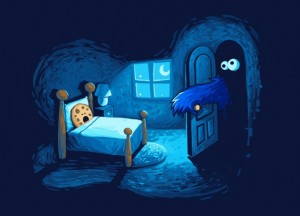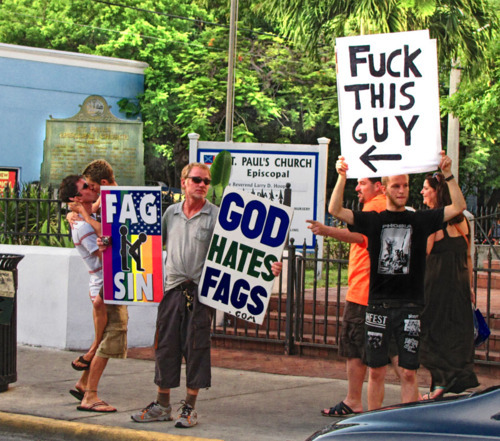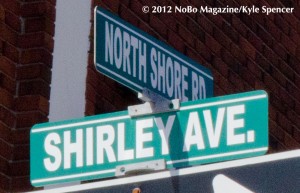A few days ago my friend Kevin Littlefield coaxed me into a little field trip to our old high school, Northeast Metro Tech — the Voke, as we call it. It was my first time back in about 20 years, and it gave me more than a little hope about the future.
Mood music:
[youtube=http://www.youtube.com/watch?v=43WrkfnoISc&fs=1&hl=en_US]
I have good and bad memories of the place.
–It’s where I grew my hair long and cemented my love affair with metal music.
–It’s where I really started to understand, for the first time, what a punk I can be.
–It’s where I studied drafting and design. I didn’t become an architect, but I use the skills I learned there EVERY DAY in my writing.
–It’s where I once swallowed a worm in the court yard for a pack of cigarettes. You can’t smoke there any more, by the way.
–It’s where I tortured and later befriended a kid everyone called Stiffy. I still shudder when I think of how mean I was to that kid.

My time in this place included my last serious bout with Crohn’s Disease, sophomore year, 1986. I wasn’t hospitalized that time, but I pretty much lived on the living room couch. On that couch, I read “Helter Skelter” twice. I also got daily visits from childhood friend Mark Hedgecock, who went on to become a thrice-convicted child molester.
I remember the teachers putting down the kids all the time. The jocks and super nerds were embraced and nurtured. Everyone else was pretty much written off as damaged goods. This was especially the case in my shop. Visiting the shop this week, the current department head — himself a former student there — noted, quite accurately, that one of the shop teachers back in the day would do that. If you had a drug and-or behavioral problem, for example, you were as good as dead. The new department head points out, also quite accurately, that the focus should have been the other way around — on the kids who really needed guidance.
The kids in that shop today are polite and appear to work well together. The big drafting boards have long since been replaced by flat-screen computers.
It was a joy to see the progress made there.
We also met some kids we graduated with who now teach there. The current department head of drafting is one of them. One former classmate is a dean of students, and then there’s John Spagnola. Seeing him as a teacher was a real trip. The kids really seem to connect with him and his humor is as sharp as ever.

Visiting your old high school gives you an appreciation for how some things never change. Kids still cause trouble and the adults still worry if the next generation can keep civilization going. 
But you can also see how things change for the better.
Twenty-one years ago it would have been inconceivable to think that some of my contemporaries would come back to teach.
Yet there they are, nurturing the next generation and pushing them toward great things.




